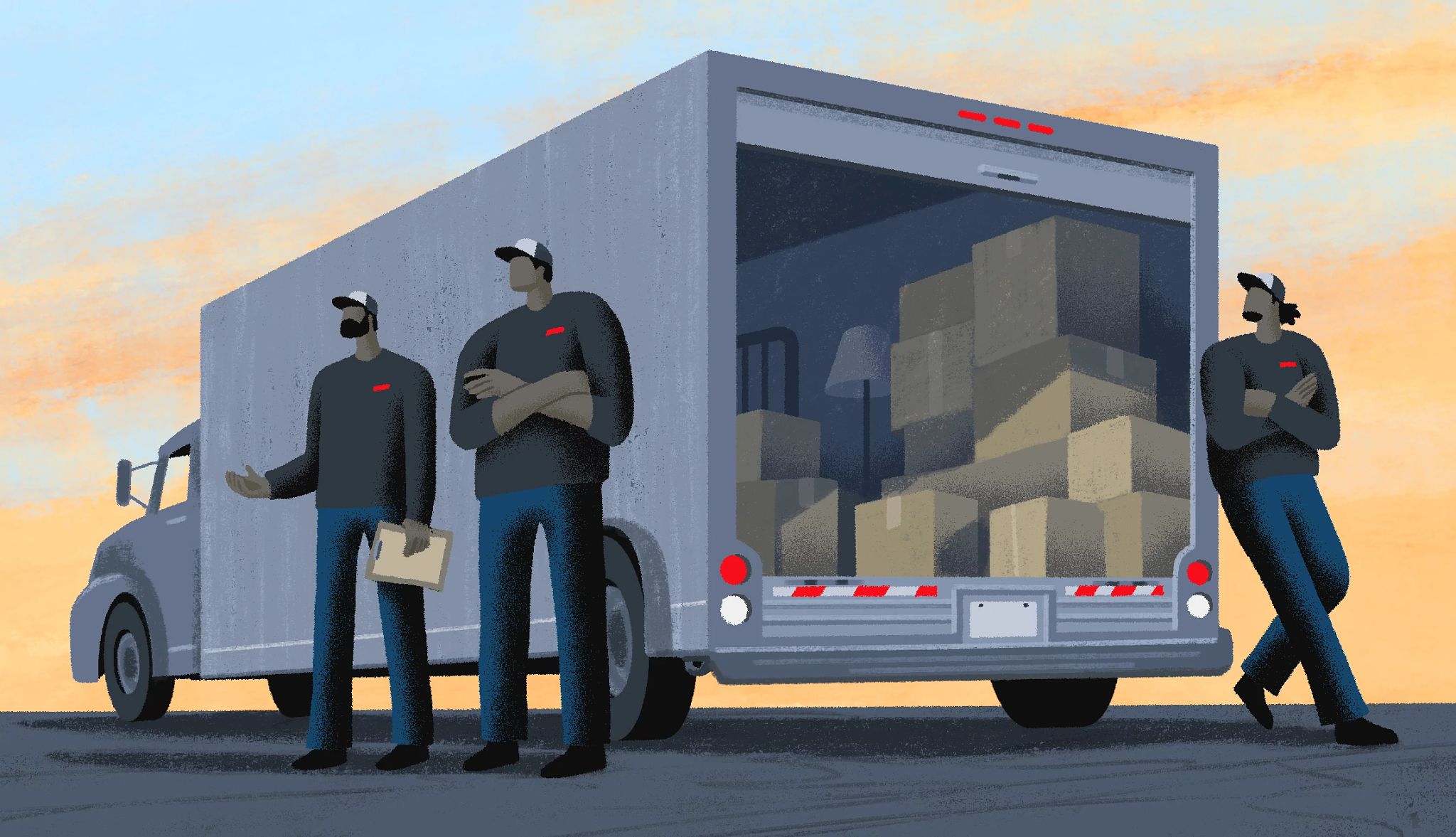AARP Hearing Center


In this story
How scams work • Red flags • Protecting yourself • Reporting scams • Moving resources
Among all there is to do in ramping up for a relocation, no detail is more worth sweating than picking the right moving company. The Better Business Bureau (BBB) received more than 17,000 complaints and negative reviews in 2023 about movers. More than $188,700 was reported lost to BBB ScamTracker,
But losses to moving scams are likely much higher. In 2022, a leader of a fraudulent moving ring that operated 12 companies across 10 states was sentenced to six years in prison. The criminals stole at least $2.4 million from their victims.
How moving scams work
Rogue operators reel their victims in online with flashy websites and glowing reviews that they’ve paid to get in your search results. Once they have your business, the scam may take one of these directions.
No-shows. They ask for a large amount of money up front, and “with your deposit in hand, the movers might simply not show up,” says Melanie McGovern, director of public relations for the International Association of Better Business Bureaus.
Last minute changes and charges. Movers text you and tell you they need another man, more boxes or that they didn’t factor in the contents of another bedroom. There shouldn’t be these kinds of changes, says Ryan Bowley, executive director of the American Trucking Association’s Moving & Storage Conference (ATA-MSC), which represents movers.
Hostage load. Criminals load the truck and then tell you the amount due has gone up from $5,000 to $7,000 on a pretext, such as it took an extra hour to load the truck, says Bowley. “If they get [your money], maybe they’ll complete the move, but if they don’t, then they take the goods and try to auction them off or sell them.”
Warning signs of a moving scam
Experts suggest you select another moving company if you notice any of the following red flags.
No address on website. A legitimate company will have a physical address on its website. You want the address to double-check their licensing and to confirm the company is legitimate. Bowley suggests putting the address into Google maps. You want to see a warehouse with trucks, not a house or mailbox service.






































































More from AARP
What to Know About the Latest Amazon-Impostor Scams
Be aware of the latest ways criminals use the company’s name to steal from consumersWhat to Do If You've Just Been Scammed
How one woman worked quickly — with help — to avoid being charged through PayPal
How a Connecticut Woman Lost $165,000 in an FBI Impersonation Scam
Her large cash withdrawals didn’t raise red flags at her bank. She wishes they had